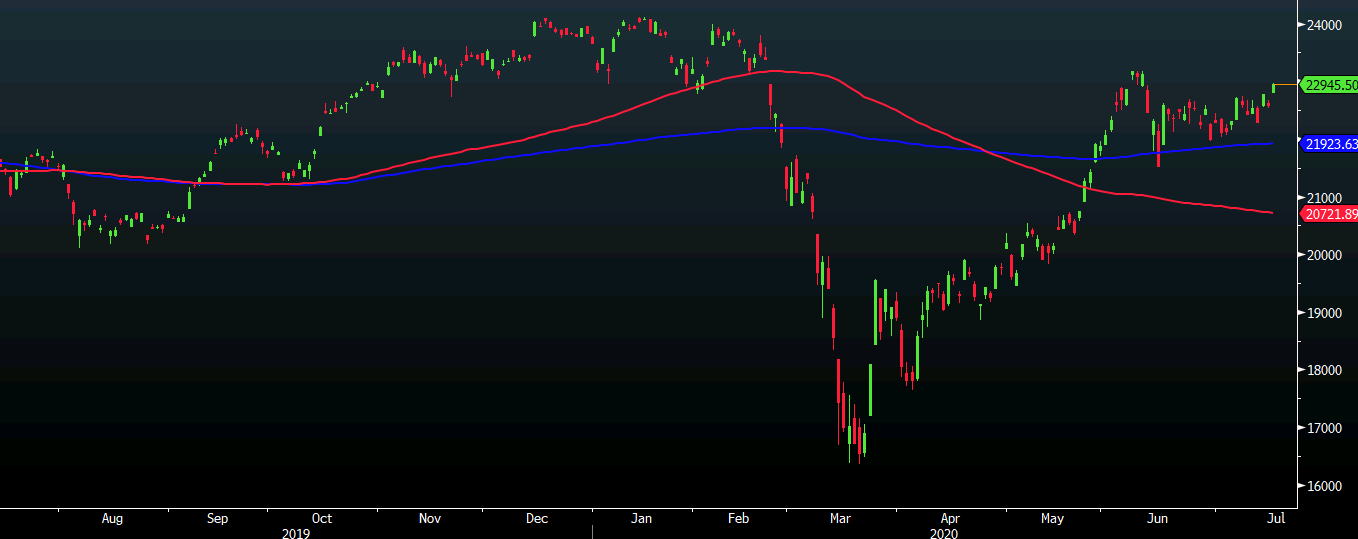icolas Darvas viewed Wall Street as nothing more than a gambling casino; therefore, he set out to learn how to gamble.
I would like us to take a look at Mr. Darvas’ understanding of the stock market, as outlined in his best selling book How I Made $2,000,000 In The Stock Market, originally penned in 1960, as we recognize that what was true over 50 years ago still holds true today. In other words, trading the market today is THE SAME AS IT EVER WAS.
Mr. Darvas experienced an “important turning point” in his stock market career when he learned that “there is no such thing as cannot in the market. Any stock can do anything.” With this in mind Darvas developed his “box theory” based on the following realizations:
1. There is no sure thing in the market. I was bound to be wrong half the time. Darvas adopted what he called the “quick-loss weapon”. He already knew he would be wrong quite often (half the time); therefore, he decided to accept his mistakes realistically and get out of a losing trade with a small loss. “This way, I figured, I would never sleep with a loss. If any of my stocks went below the price I thought they should, I would not own them when I went to bed that night. I knew that many times I would be stopped out for the sake of a point just to see my stock climb up immediately after. But I realized that this was not so important as stopping the big losses. Besides, I could always buy back the stock by paying a higher price.”
2. My pride and my ego would have to be subdued. Darvas surmised that with a win ratio of 50% his profits had to be bigger than his losses. Breaking even was not a sustainable option. For that to happen he would have to take many losses while letting the winners run. Egotistical pride would have to give way to humble reality. “As if stocks were made to conform to my new attitude, I handled this quite successfully for quite a while. I bought with bold confidence when I thought I was right and coldly, without a hurt ego, I took my limited losses when I thought I was proven wrong.”
3. I must become an impartial diagnostician. Instead of trying to force his will upon market direction, Darvas allowed the market to direct him by becoming intimate with a few stocks at a time and by not listening to others. “To try to fit the market into a rigid pattern was a mistake. As I only handled five to eight stocks at a time, I automatically separated them from the confusing, jungle-like movement of the hundreds of stocks surrounding them. I was influenced by nothing but the price of my stocks. I could not hear what people said, but I could see what they did. It was like a poker game in which I could not hear the betting, but I could see all the cards. Of course, the poker players would try to mislead me with words, and they would not show me their cards. But if I did not listen to their words, and constantly watched their cards, I could guess what they were doing.”


 The desire for constant action irrespective of underlying conditions is responsible for many losses in Wall Street even among the professionals, who feel that they must take home some money every day, as though they were working for regular wages.
The desire for constant action irrespective of underlying conditions is responsible for many losses in Wall Street even among the professionals, who feel that they must take home some money every day, as though they were working for regular wages.

 The most important single factor in shaping security markets is public psychology. –
The most important single factor in shaping security markets is public psychology. –  This was written in 1991 but I think its still a very valid proposition. I am also adding this line from the same book, “In my view, the way to build wealth is to preserve capital, make consistent profits, and wait patiently for the right opportunity to make extraordinary gains.”
This was written in 1991 but I think its still a very valid proposition. I am also adding this line from the same book, “In my view, the way to build wealth is to preserve capital, make consistent profits, and wait patiently for the right opportunity to make extraordinary gains.”